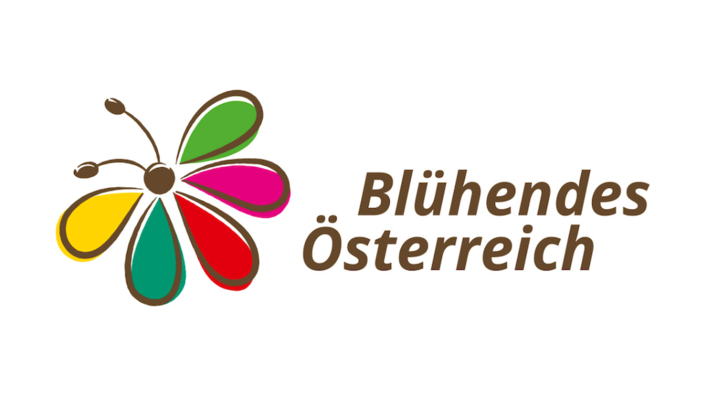Calouste Gulbenkian Foundation (UK Branch)
The Calouste Gulbenkian Foundation is headquartered in Lisbon, Portugal and was established in 1956 with branches in Paris and London.
The Calouste Gulbenkian Foundation (UK Branch) works on Citizen Engagement on Climate Change as one of its three current funding programmes.
Louisa Hooper
Director
Rationale
Climate change can only be successfully addressed if the public participate in and support climate solutions. Public pressure strengthens governments’ mandate in acting on the climate crisis. What is more, involving the public drives individual behaviour change.
However, to effectively engage the public on climate change, it is important to take into account the things they care about and demonstrate that they can make a meaningful contribution.
Application in Practice
The Calouste Gulbenkian Foundation (UK Branch) has extensive experience in raising public awareness to accelerate system change, specifically for ocean protection.
When launching its Citizen Engagement on Climate programme in 2020, the Calouste Gulbenkian Foundation (UK Branch) started by commissioning a literature review on impactful ways of Public Engagement for climate action and by collecting international case studies.
Subsequently, the Calouste Gulbenkian Foundation (UK Branch) supported both the Global Citizens Assembly to strengthen the voices of the public in international climate negotiations as well as the Local Climate Engagement initiative to build capacities among local authorities to integrate Public Engagement in local decision-making.
Expected Results
Beyond strengthened public participation at the policy-level, the Calouste Gulbenkian Foundation (UK Branch) has been a central agent in providing resources for other stakeholders on effective Public Engagement targeting climate change. Not just the initial research but also results from these projects are publicly available, informing their own strategy and that of other foundations. Noteworthy is the collaborative evaluation project for engagement activities at COP26 and the Climate Engagement Lab, mainstreaming best-practices for Public Engagement.
Furthermore, Public Engagement can pave the way for marginalised groups to create new narratives. For example, the film "Can I Live?" created through the support of the Foundation, was screened at COP26, bringing greater attention to perspectives of black and ethnic minorities on climate change.
Lessons Learned
What has worked well?
- Connect to people’s values: The benefits of climate action are most visible at the local level. Instead of using abstract language about global climate change, it is more effective to talk about climate action in ways that are meaningful and relatable to them.
- Build on networks of trusted messengers: Support those already engaging public audiences and enable them to communicate about climate change with people who trust and relate to them.
- Recognise the climate intersections of existing Public Engagement: Evaluate where you are already doing Public Engagement and asses how positive climate solutions could be integrated into this work. Consider how your current work can have climate positive benefits. When it comes to climate action, linking into related agendas such as community-building or tackling pollution can foster climate action without explicitly talking about climate change.
- Draw on evidence: Resources such as the Calouste Gulbenkian Foundation (UK Branch)’s Learning Hub compile helpful information and case studies when it comes to effective Public Engagement approaches.
What are opportunities for new funders?
- Diversify audiences: Marginalised groups are still underrepresented in mainstream climate engagement initiatives. Elevating these voices – and helping non-profits and the climate community to reach groups not typically engaged by environmental messaging – is an underfunded area and funders are well positioned to support this work.



